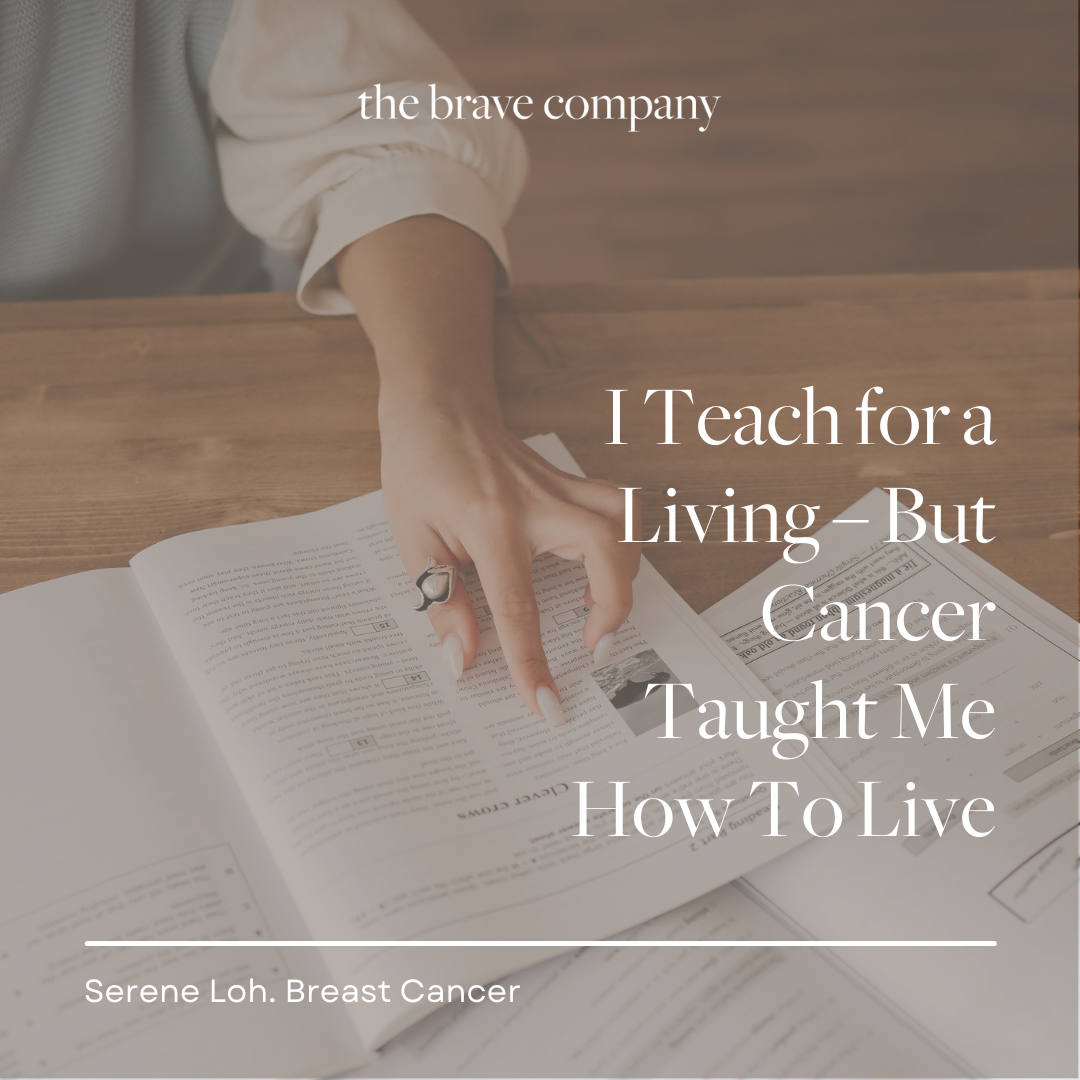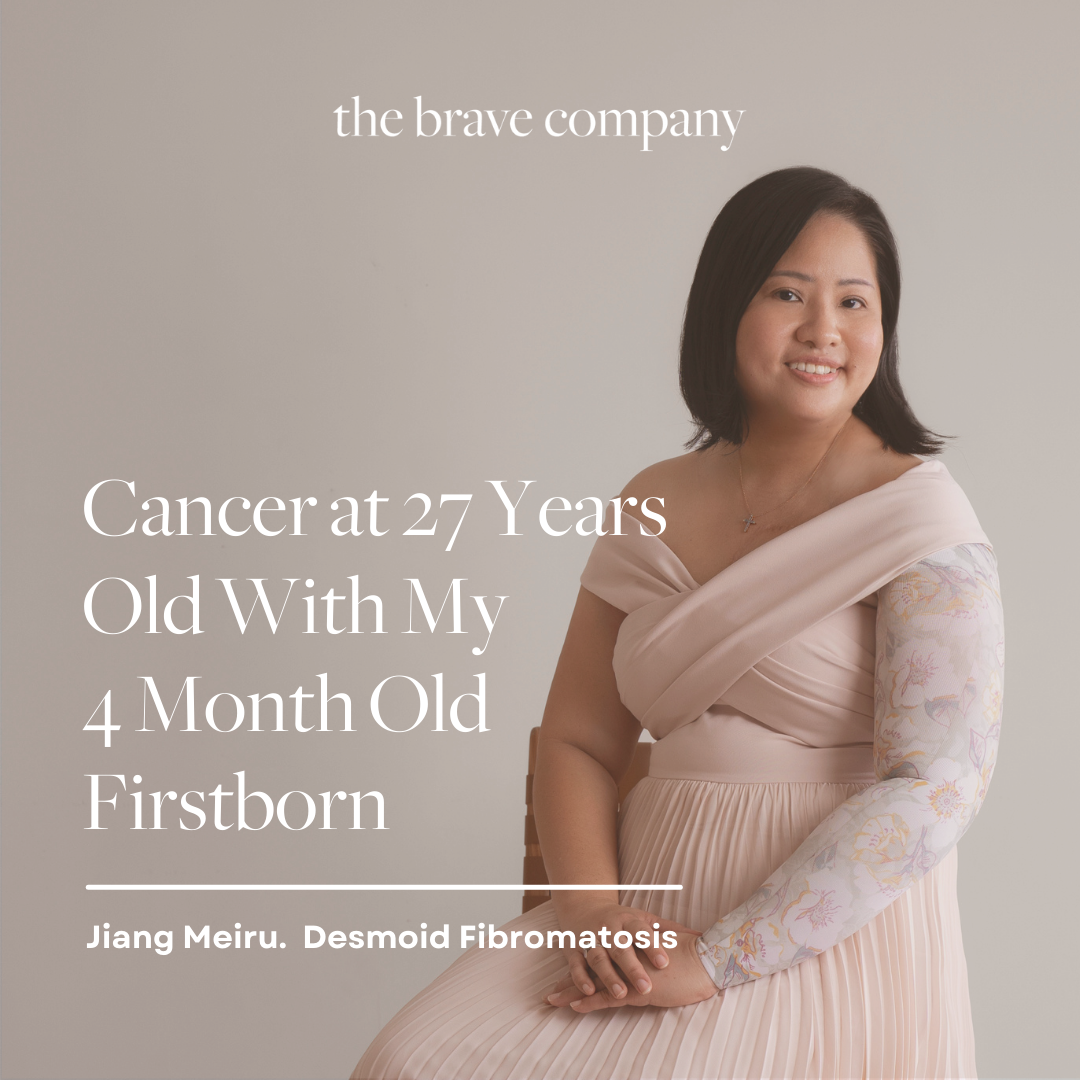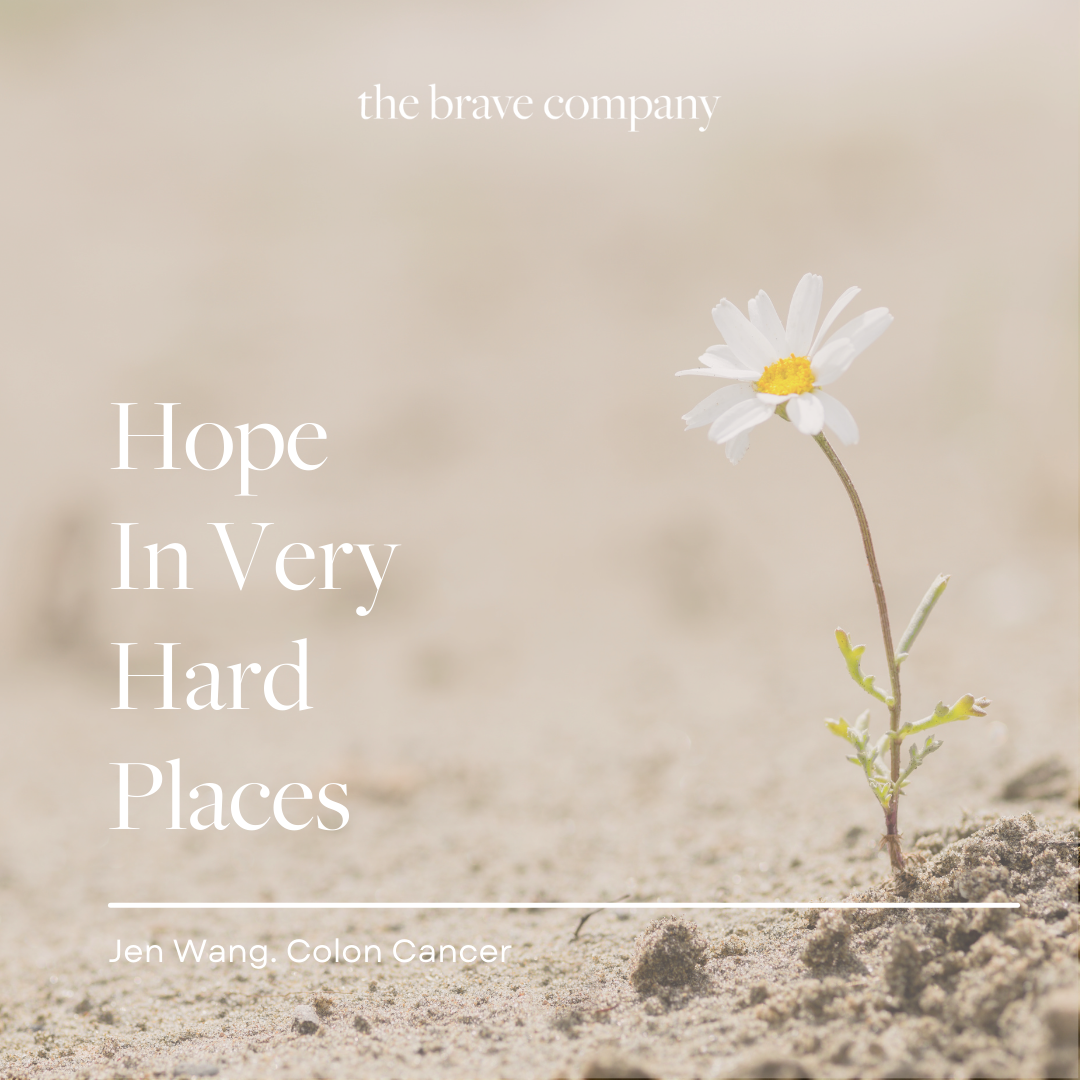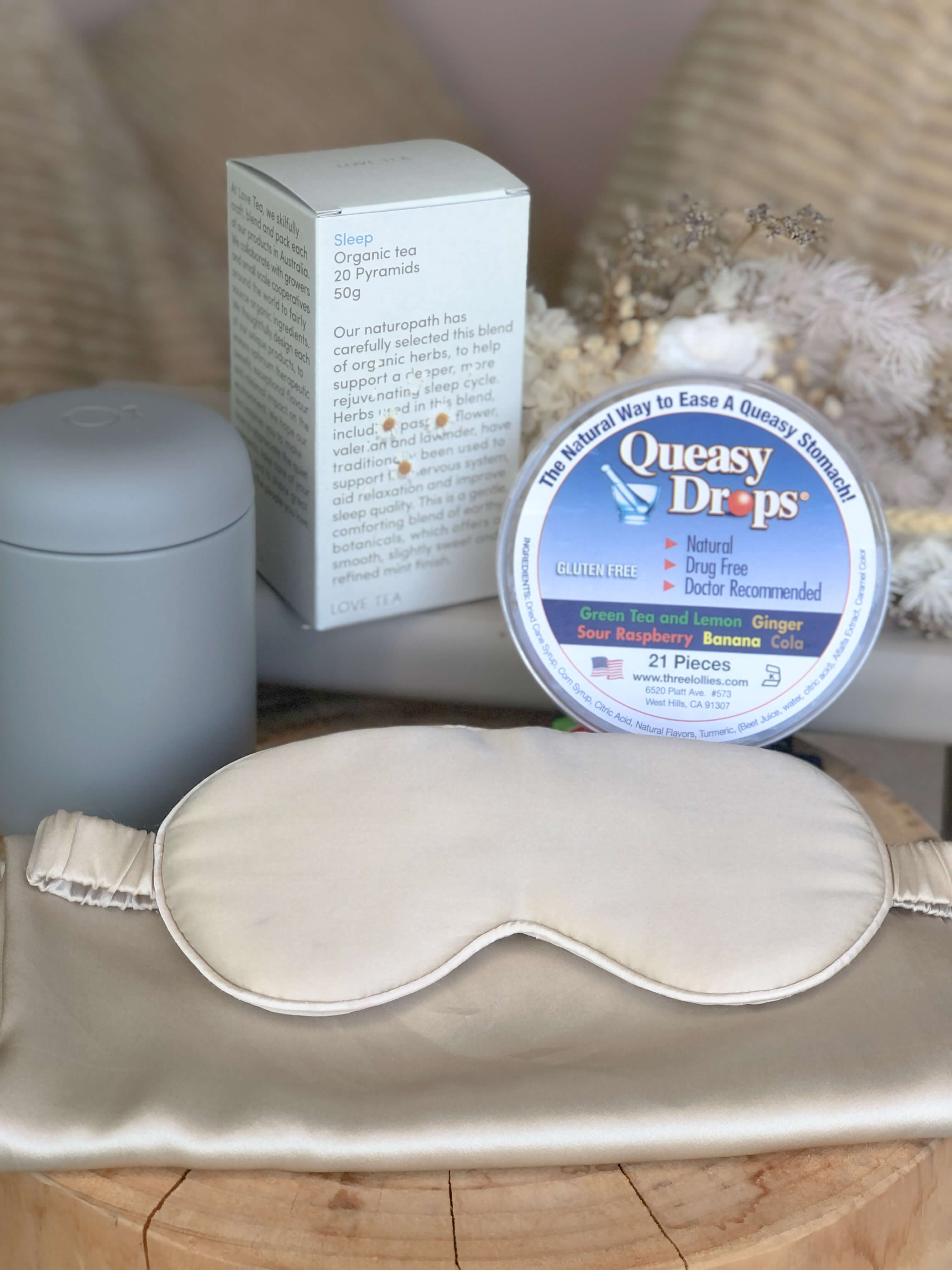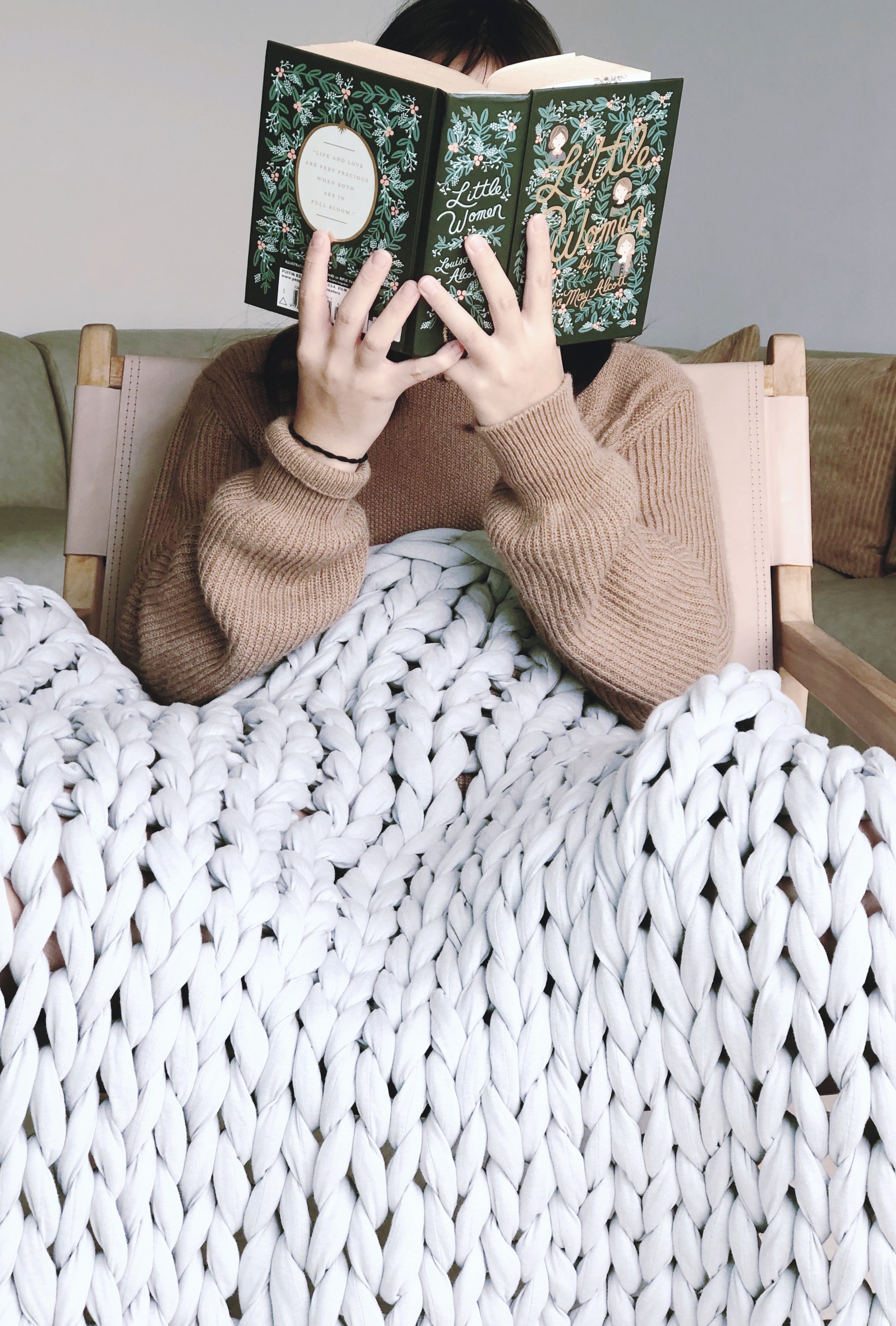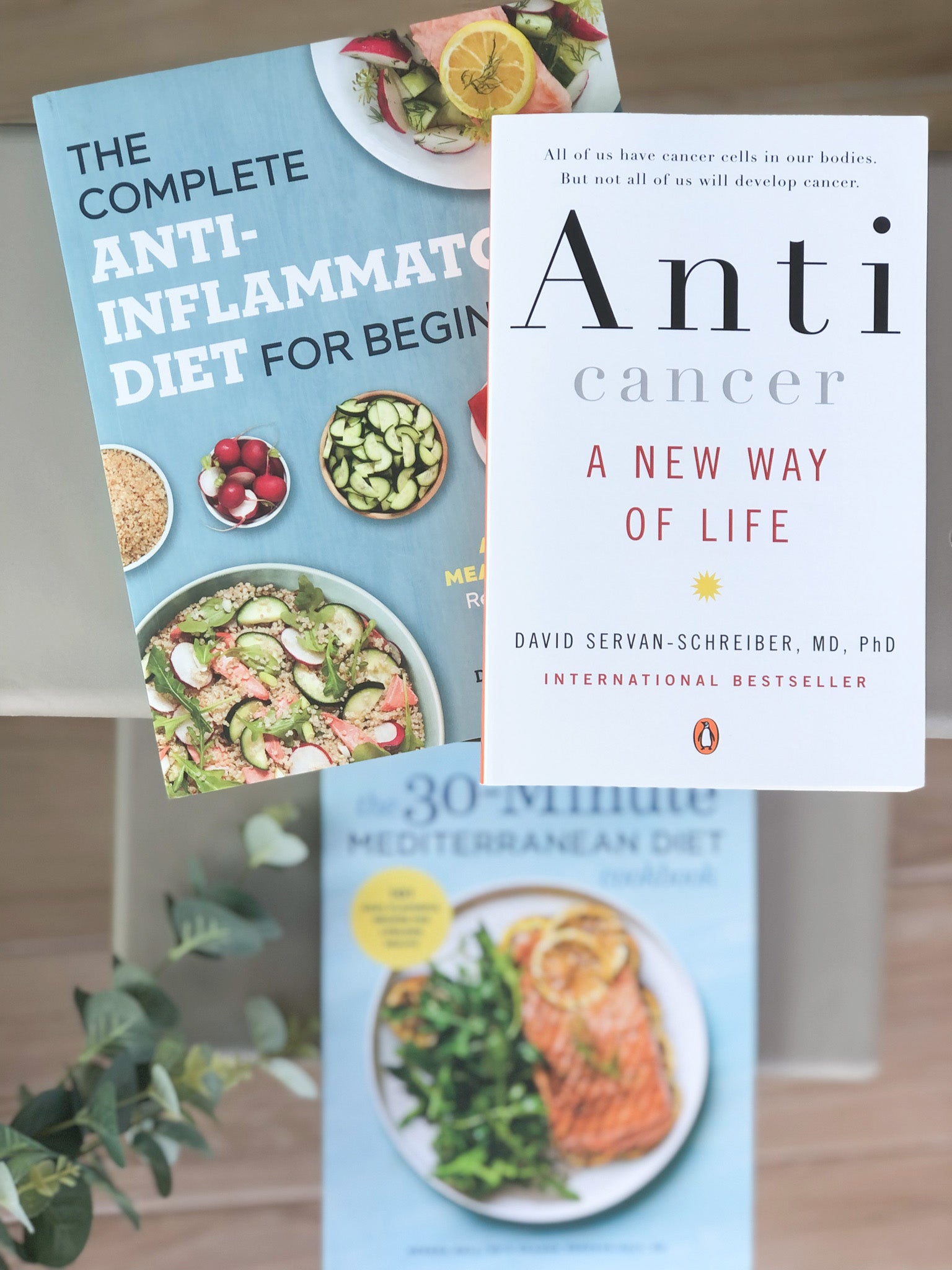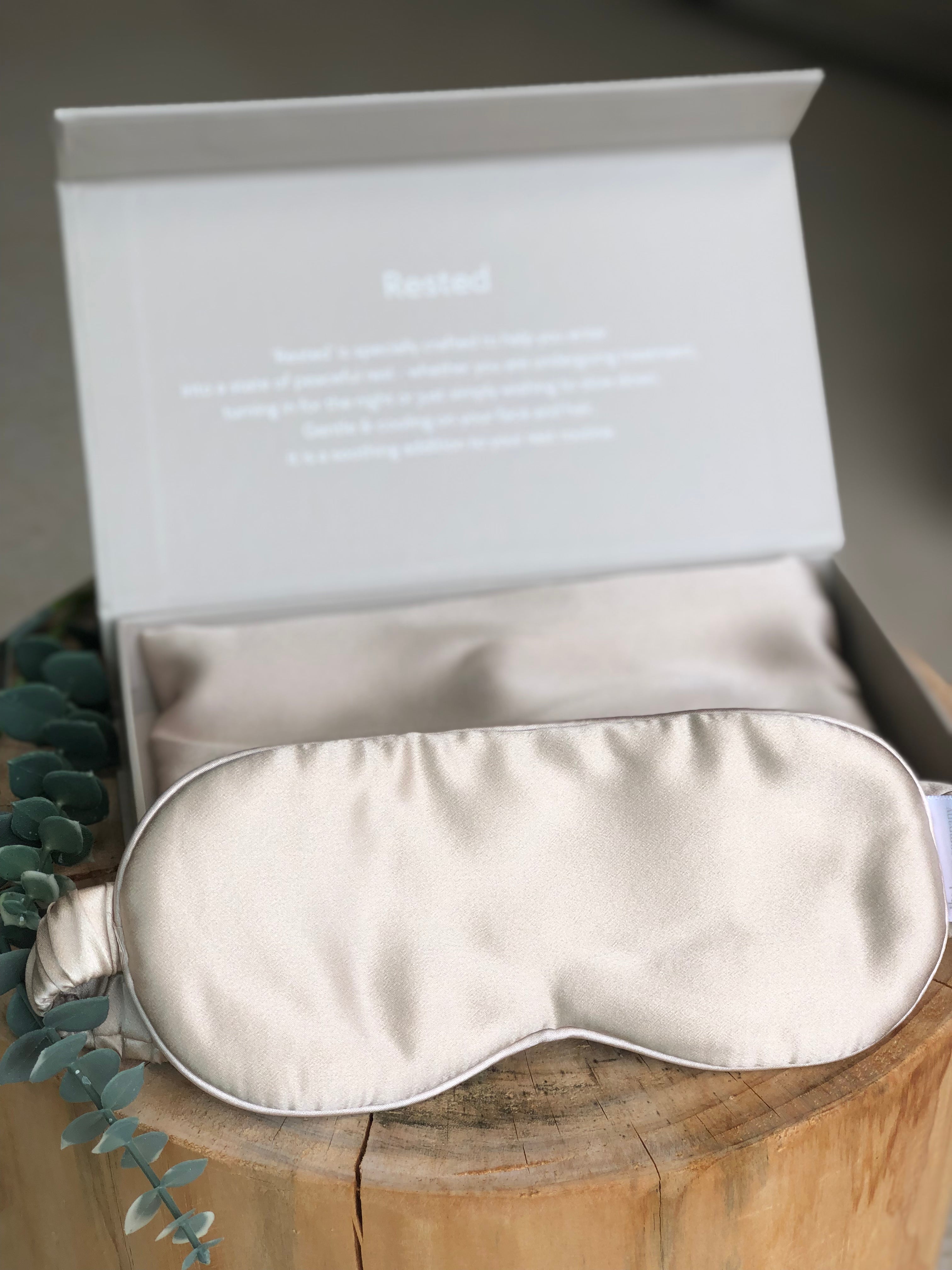
Watching your loved one battle an illness while juggling caregiving responsibilities can take its toll. Here, Joy shares her story as both a daughter and a caregiver to her beloved mom - the deep joy, the profound sadness, and the wisdom gleaned from it all.
1. It will not feel real. At first.

Cancer is what happens to people I read about in the papers. It is what afflicts characters in movies I cry over. It isn’t something I ever imagine will happen to me – until it does. And when it did, I barely had time for it to sink in. Because cancer requires immediate treatment, the next thing I knew, I was sitting in the doctor’s office fixing an appointment for surgery. Cancer is an unexpected guest, and we must take the time to meet him at the door before he lets himself in. In the early days of my mom’s diagnosis, I found pockets of time to sit, cry, and grieve with my family. As we shared our collective grief and confronted our pain together, we readied ourselves to face the war.
2. You will feel incredibly isolated at times.
I was 22 years old when my mother was diagnosed with terminal cancer. Her prognosis was poor and the doctor gave her months to live. At 22, none of my friends had to live with the reality of a dying parent. As loving and compassionate as they were, no one could genuinely understand what I was going through (and that’s completely understandable!). Their world revolved around hustling at their first jobs and planning for the next vacation, while mine revolved around chemotherapy and hospital visits. The divergence in our lived realities was incredibly isolating for me and I found it difficult to meaningfully share what I was going through with them. It is not easy being different from others, and I have learnt to have a lot more empathy for those who are fighting battles that we may never fully understand.3. You will be profoundly moved by – and eternally grateful for - the love that you receive.
I will never forget the overwhelming love that my family received in the years of her cancer. Friends and relatives accompanied us to every single medical appointment we had. Loved ones came at the drop of a hat whenever she needed medical attention - from the weekly flushing of her port to bathing her in her final days, we were never alone in our battle. Our home was never more crowded and filled with visitors than in the 6 years of her cancer. A friend even prayed to ask God to split the remaining years of her life with my mum. These gestures of love are permanently etched in my memory, and they resurface each time I see our friends. To these angels, I owe them my debt of gratitude.4. You may also be disappointed by those who won’t know how best to support you – and that’s okay :)
Cancer is an uncomfortable subject, and not everyone will know how to support you in this difficult time. As much as I was heartened by the love we received, I also found myself hurt – and sometimes frustrated – by the way others responded. Whether it was an unhelpful remark or a thoughtless gesture, I got upset whenever someone didn’t respond in ways that I felt they ought to. It’s alright to feel these emotions in the moment, but it’s not helpful to dwell on them for long. Cancer is very unfamiliar territory for many people; understand that much of the time, they don’t know what to do or say.5. Awaiting medical test results is the worst thing in the world.
Nothing in your life will ever generate more anxiety. Absolutely nothing. We had cancer marker blood tests every fortnight to track the progression of her illness. A lower number was an encouraging symbol that spurred us to press on; while a higher number was a despairing sign that the cancer was spreading. The 12 hour wait from the test to the release of the results was always harrowing. Because I was the one the doctor would call, I would wait by the phone anxiously, paralysed with fear of what the numbers would yield. Till this day, nothing in my life has ever come close to generating more anxiety in me. But it also means that my heart is steeled against all other panic-inducing situations (anything that is not a medical test result!) To be honest, that’s not a bad thing. I’ve been well trained and I am now well protected!6. You will feel overwhelmed much of the time – and that’s okay. Allow yourself to feel it.

As the eldest daughter, a lot of the caregiving responsibilities fell on my shoulders. And I was not a detached caregiver; I was a very emotionally invested one. Having to steadily care for my mother while feeling the pain as I watched her deteriorate was one of the toughest things I had to do. My husband anchored me and lifted me up when the waves of pain hit hard. He was the safety net beneath which I knew I would never fall. Acknowledging my feelings and praying about them helped me navigate the choppy emotional waters and enabled me to stay afloat.
7. You will gain a sudden ability to recognize what truly matters – it becomes crystal clear.
Terminal diagnoses have the immediate effect of stripping away all that is extraneous and unnecessary. They have the power to reveal what we truly value in our life with laser-like focus. When confronted with my mother’s mortality, the significance of worldly pursuits diminished instantly. Conversations revolved around how much she loved each of us, and our time was devoted to building precious memories together. Her illness provided an opportunity for the kind of introspection that many of us claim to want but which never seems possible unless forced by tragedy. I started to realize that I expended too much energy fretting over matters that ultimately have little import on a meaningful and fulfilling life. Don’t get me wrong – it is only natural to be preoccupied with the day-to-day issues that life brings, but it is the significance I accorded these issues that has changed dramatically ever since my mother’s death.
8. Your family will never be the same again – and that’s okay

My mum was the anchor of our family – the bright spark, the capable do-it-all woman, the Queen of our household. Because she was the glue that kept us together, I was so fearful of what would become of our family in her absence. Things are definitely not the same without her, and not a day goes by where we don’t wish she was with us. That said, we have found a new normal, with bonds stronger than ever between those who remain. The tapestry of family life is a very different picture from the one before, but it is a beautiful one nonetheless.

